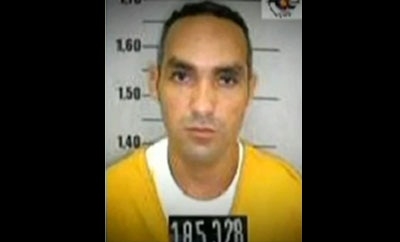The Brazilian prison gang known as the First Capital Command (Primeiro Comando da Capital – PCC) reportedly infiltrated police training courses on explosives in São Paulo, where the criminal group is currently engaged in a bloody struggle with authorities.
According to confidential police documents seen by Folha newspaper, members of the PCC may have participated alongside São Paulo city police in explosives training courses across the state. Some of these courses were offered by outside contractors who did not conduct background checks for the students. A police review in 2008 found that of the 145 people who signed up for explosives training, 13 had a police record for drug trafficking or robbery.
The PCC was interested in receiving explosives training so it could carry out attacks against the police and rob ATMs, the police documents maintain.
InSight Crime Analysis
Homicides have surged recently in São Paulo due to a reported cycle of revenge killings between the PCC and the city police, with some 200 murders on both sides registered since October. Folha’s report, while apparently based on dated documents, nevertheless feeds into concerns that the PCC is well prepared, and sufficiently connected, to continue pressuring the police with a campaign of violence and targeted attacks. Some 95 police officers have been killed in São Paulo so far this year.
The increase in killings reportedly began after the police began using more aggressive tactics against the PCC, breaking a supposed “truce” respected since 2006. The violence prompted authorities to announce plans to transfer PCC leaders from state to federal prisons. These leaders are accused of ordering the attacks on police from their prison cells. One leader, Francisco Antonio Cesario da Silva, alias “Piaui,” was moved to a penitentiary in the Amazonian city of Porto Velho in early November. Another PCC commander, Roberto Soriano, was transferred to the Porto Velho prison on November 16. Both are accused of ordering the initial wave of attacks against São Paulo police in June.

